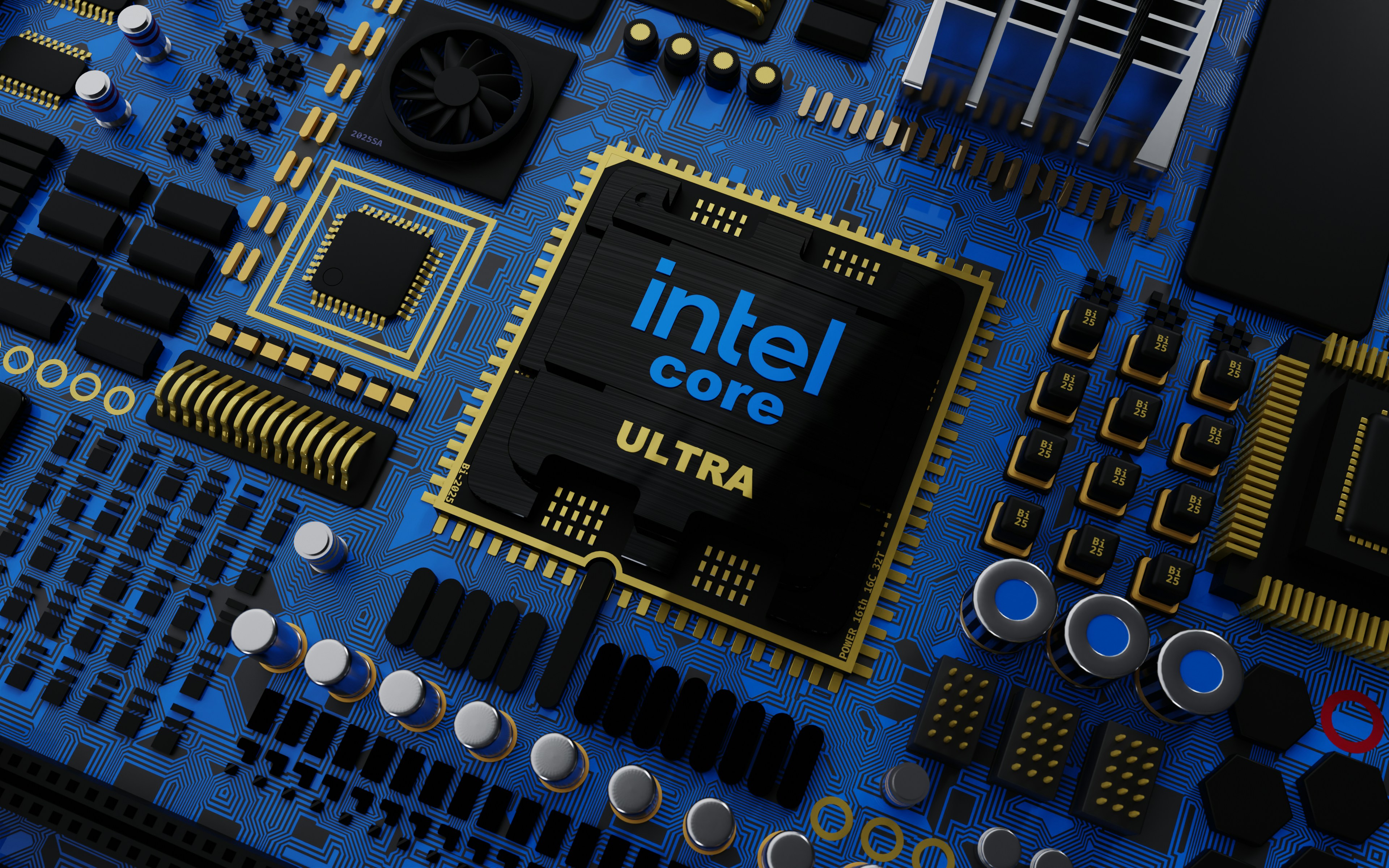Intel Announces 17,500 Job Cuts And Dividend Suspension To Combat Market Decline

Intel Corporation, once a stalwart in the semiconductor industry, announced a major restructuring plan aimed at reversing its declining fortunes. The plan includes cutting 17,500 jobs, approximately 15% of its global workforce. Additionally, Intel will suspend its dividend and significantly reduce capital spending. These drastic measures come as the company struggles to keep pace with competitors, particularly Nvidia, in the rapidly growing AI chip market. The news of the restructuring caused Intel's shares to plummet by 20% in extended trading on Thursday.
Details of the Job Cuts
Intel's decision to lay off 17,500 employees marks one of the largest workforce reductions in its history. The cuts will affect various departments across the company, with a significant focus on streamlining operations and reducing redundancy. The layoffs are expected to be implemented over the coming months, with Intel providing severance packages and support to affected employees. This move is aimed at reducing operational costs and improving efficiency as Intel seeks to regain its competitive edge.
Suspension of Dividend
In conjunction with the job cuts, Intel announced the suspension of its dividend, a move that will have substantial financial implications for its shareholders. The dividend suspension is part of a broader effort to conserve cash and redirect resources toward critical areas of the business. Historically, Intel has been known for its consistent dividend payouts, making this decision a significant departure from its usual financial strategy. The suspension is expected to save the company hundreds of millions of dollars annually, which will be reallocated to support its restructuring efforts.
Reduction in Capital Spending
Intel also revealed plans to slash its capital spending, focusing on essential projects and deferring or canceling non-critical investments. The reduction in capital expenditure is aimed at optimizing the company’s financial resources during this period of transformation. Specific areas where spending will be reduced include research and development, infrastructure expansion, and certain long-term projects that do not directly contribute to immediate growth. By tightening its capital allocation, Intel aims to improve its financial health and better position itself in the competitive market.
Intel's Market Position
Once the undisputed leader in the semiconductor industry, Intel has faced increasing competition from rivals such as Nvidia, particularly in the AI chip sector. Nvidia’s advancements in AI technology have outpaced Intel’s efforts, leading to a significant shift in market dynamics. Intel’s recent performance has been marked by declining market share and challenges in keeping up with the rapid pace of technological innovation. This restructuring plan is seen as a critical step towards addressing these challenges and regaining its market position.
Reasons Behind the Restructuring
The restructuring is driven by several factors, including the need to improve operational efficiency, conserve financial resources, and reallocate investments to high-growth areas. Intel’s management has acknowledged that the company needs to adapt to the evolving semiconductor landscape and address its competitive shortcomings. The strategic goals of the restructuring include enhancing Intel’s capabilities in AI chip production, streamlining its operations, and positioning the company for long-term growth. External factors such as market trends and intensified competition have also played a significant role in shaping this decision.
Market Reaction
The announcement of the restructuring plan had an immediate impact on Intel’s stock price, which fell by 20% in extended trading. Analysts and investors reacted with concern, reflecting uncertainty about the effectiveness of the measures and Intel’s ability to execute the plan successfully. While some market observers believe the restructuring is a necessary step, others are skeptical about its potential to yield the desired results. The long-term impact on Intel’s market valuation will depend on the company’s ability to achieve its strategic objectives and navigate the competitive landscape.
Future Prospects
Looking ahead, Intel’s future prospects hinge on the successful implementation of its restructuring plan and its ability to innovate in the AI chip market. The company faces significant challenges, including regaining market share, improving product offerings, and restoring investor confidence. However, there are also opportunities for growth, particularly in emerging technologies and new market segments. Industry experts are divided on Intel’s outlook, with some optimistic about its potential for recovery and others cautious about the road ahead.
Conclusion
Intel’s announcement of 17,500 job cuts, dividend suspension, and capital spending reduction marks a pivotal moment in the company’s history. These measures are aimed at addressing the competitive pressures and financial challenges that have plagued Intel in recent years. While the restructuring plan carries risks, it also presents an opportunity for Intel to revitalize its business and reclaim its position as a leader in the semiconductor industry. The effectiveness of these measures will be closely watched by investors, analysts, and industry stakeholders as Intel embarks on this critical transformation journey.
Author: Brett Hurll
Ai Beginning To Deliver On Promise
For all the excitement surrounding artificial intelligence, its most immediate impact in the workplace has been measured... Read more
Parallel Banking: Stablecoins Are Now Global
Parallel Banking: How Stablecoins Are Building a New Global Payments SystemStablecoins—digital currencies pegged to tr... Read more
Reassessing AI Investments: What The Correction In US Megacap Tech Stocks Signals
The recent correction in US megacap tech stocks, including giants like Nvidia, Tesla, Meta, and Alphabet, has sent rippl... Read more
AI Hype Meets Reality: Assessing The Impact Of Stock Declines On Future Tech Investments
Recent declines in the stock prices of major tech companies such as Nvidia, Tesla, Meta, and Alphabet have highlighted a... Read more
Technology Sector Fuels U.S. Economic Growth In Q2
The technology sector played a pivotal role in accelerating America's economic growth in the second quarter of 2024.The ... Read more
Tech Start-Ups Advised To Guard Against Foreign Investment Risks
The US National Counterintelligence and Security Center (NCSC) has advised American tech start-ups to be wary of foreign... Read more

